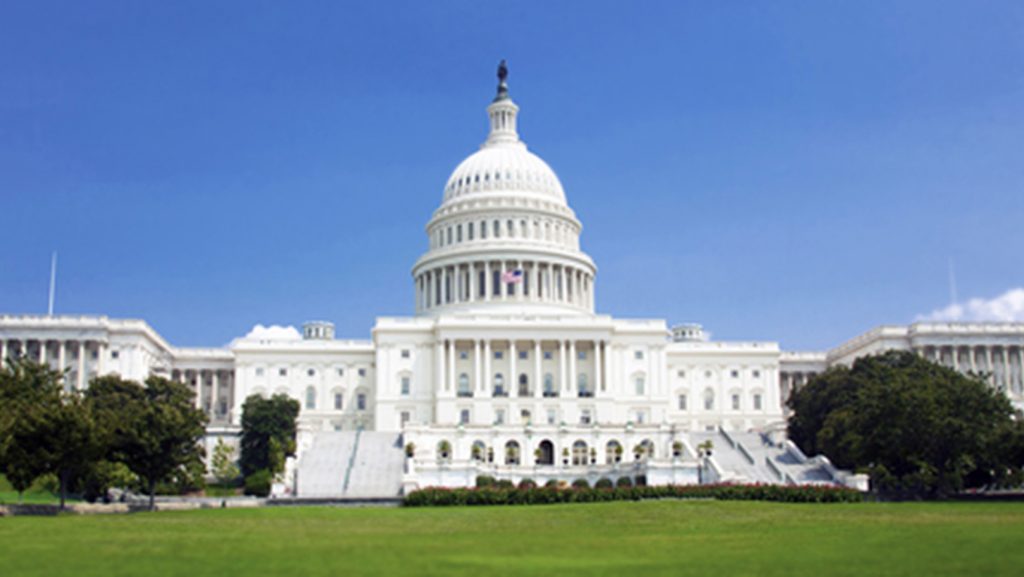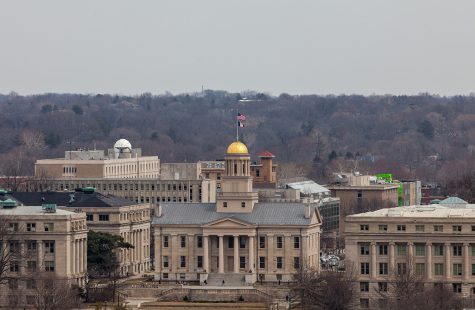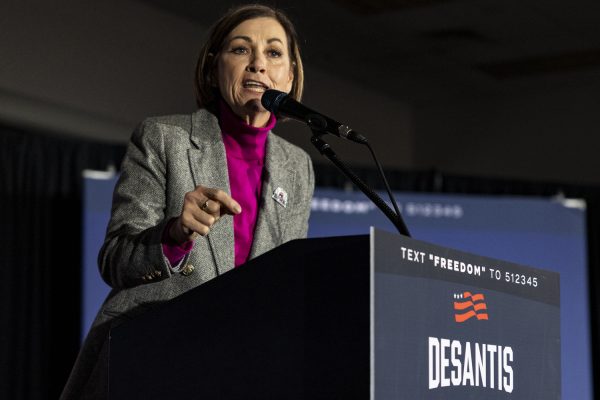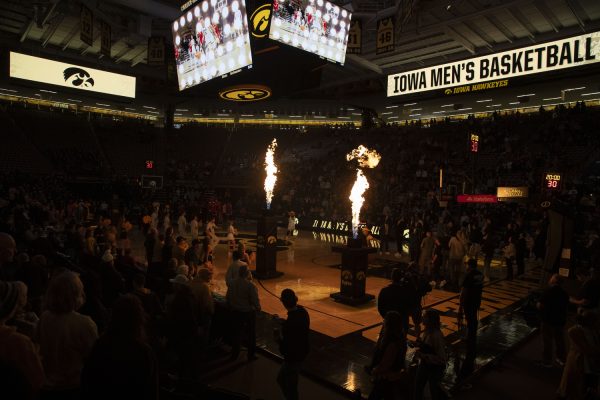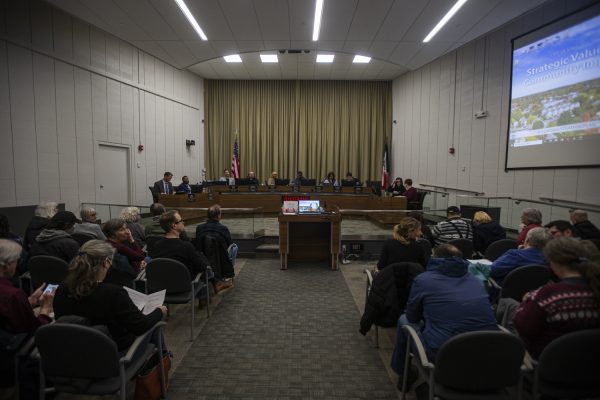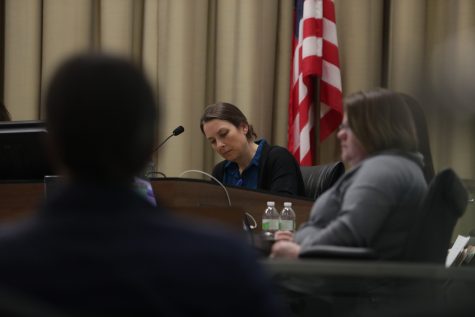Flooding in eastern Iowa ramps up urgency for congressional disaster-relief
U.S. senators from Iowa say a disaster-relief package for Midwest flooding is still in the negotiation stage while ongoing flooding continues in the state.
The U.S. Capitol Building. A Senate health panel on Wednesday released a discussion draft intended to curb opioid addiction. (Dreamstime/TNS)
May 8, 2019
With ongoing flooding in Iowa increasing the urgency of disaster relief aid from Congress, Iowa senators say a package is still in the negotiating stage.
Sen. Joni Ernst, R-Iowa, said she hopes to see a bipartisan agreement on a disaster-relief bill for Iowa by Memorial Day weekend, and she is encouraged by the progress Democrats and Republicans have made in terms of negotiations.
“Until we see a House version [of the disaster-relief bill] come up, I think a Senate bill is probably the path forward,” Ernst told reporters in a Wednesday conference call. A new bill has not yet been proposed in the Senate.
Iowa Gov. Kim Reynolds issued disaster proclamations for more than half of Iowa’s counties. Last week, the flooding reached Davenport, causing the river to rise to 22.64 feet — a record for the city.
A disaster-relief package was voted down in the Senate in March because of disagreements between Democrats and Republicans over how much money to allocate to Puerto Rico in the aftermath of Hurricane Maria.
The current version in the House includes an amendment to allocate some of the aid to Puerto Rico, but negotiations are ongoing to decide how much. The White House also proposed an amendment for the package to include $4.5 billion for border security along the U.S.-Mexico border.
RELATED: How Midwest flooding became a political wedge
Sen. Chuck Grassley, R-Iowa, said allocating funding for border security could complicate negotiations. The politics surrounding the disaster relief package is unusual, he said, because typically, the appropriations bill was considered an “insurer of last resort” and that replenishment funds were almost always voted on unanimously.
The Disaster Relief Appropriations Act of 2013 authorized $60 billion for federal relief funds across the country. The act was passed in response to Hurricane Sandy in 2013, and the act works to “improve and streamline disaster assistance.”
“I’ve talked to senators — they’re in the negotiation process, and all I get is that they’re in negotiation,” Grassley told reporters in a Wednesday conference call. “We usually get replenishment with unanimous consent, so this political dispute over disaster money, and particularly as it relates to Puerto Rico, is pretty surprising to me.”
Kelcey Brackett, the Democratic chair in Muscatine County, which received a state disaster proclamation from Reynolds, said until federal aid is allocated to Iowa, the damage is only going to get worse.
Brackett said officials in Muscatine County won’t know the extent of the damage until the flood recedes. Right now, it is eroding roads and damaging businesses.
He said an urgent issue is the amount of grain that was destroyed by the floodwater and flooded small business downtown. He wants to see Democrats and Republicans in Congress come to an agreement on aid to Puerto Rico so the disaster-relief package can move forward, he said.
“I understand why our disaster relief is being held up, and unfortunately, we’re seeing the results of that, but Puerto Rico has been waiting for how long at this point?” Brackett said. “My frustration is with the Republican rhetoric. They’re pushing their anti-outsider stance, and they seem to forget that Puerto Rico is actually part of [the U.S.].”



